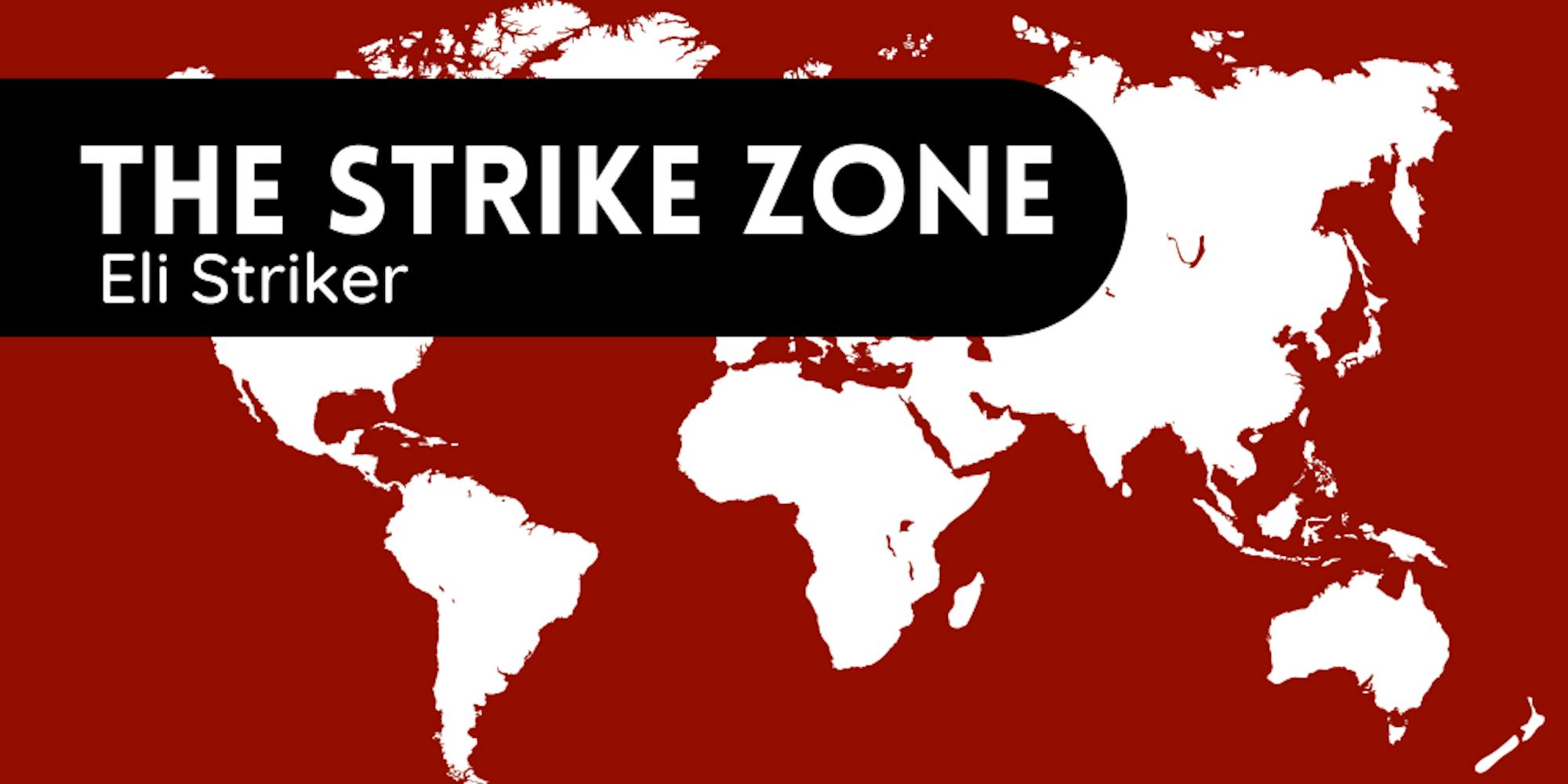During the last four decades, China has undergone a radical change, metamorphosing from a predominantly agrarian nation to a city-centric, economic powerhouse. The Chinese Communist Party has actively facilitated this trend of mass urbanization.
Since the early 1980s, more than 260 million rural workers have migrated to urban areas, and by 2030, one billion people are projected to live in Chinese cities. The CCP’s household registration — or “hukou” — system serves as the government’s primary mechanism for regulating its urban population.
Under this policy, Chinese residents need an urban hukouto purchase a home, obtain social services and procure goods and products in cities. Urban hukou passes are highly coveted by migrant workers and serve as a status symbol separating urban and rural China.
The hukou system is a relic of the Mao era, invented to prevent rural residents from taking refuge in cities during the famine of the Great Leap Forward, in which millions of impoverished peasants starved to death. Today, millions of rural peasants aspire to move to cities to improve their socioeconomic standing, but the restrictive hukou pass inhibits many migrants from achieving upward social mobility.
A scarcity in available urban hukou passes has diminished the quality of life of China’s sizable migrant population. As of 2012, 27% of city dwellers were registered as farmers under the hukou system, and there is little reason to believe this percentage has since diminished.
Without a hukou pass in their city of residence, these workers — dubbed China’s “floating population”— lack access to permanent housing, welfare or public services.These workers are generally employed in undesirable sectors; men often work as builders or construction workers while women often work as domestic workers, maids or sweatshop workers.
Members of China’s floating population live highly unstable lives and are frequently confined to the margins of urban society. Despite the difficult lifestyle experienced by those with inconsistent household registration, urban life remains attractive to many rural citizens, who dream for a brighter future for themselves and their children.
Still, further policy tweaks will be necessary for most migrant workers to achieve economic prosperity. China is still one of the most economically unequal countries in the world, as many migrant workers work for meager wages and lack the social safety nets exclusive to urban hukou holders.
In order to help develop a higher quality of life for migrant workers, the CCP should abolish the hukousystem and allow rural workers to legally reside in cities. Access to permanent housing and social services would be transformative for the millions of migrant workers.
Although the hukou has long been a political cudgel that helped the CCP control its population, its abolition would allow the nation to better realize its goal of urbanization, and improve the lives of hundreds of millions of migrants.






